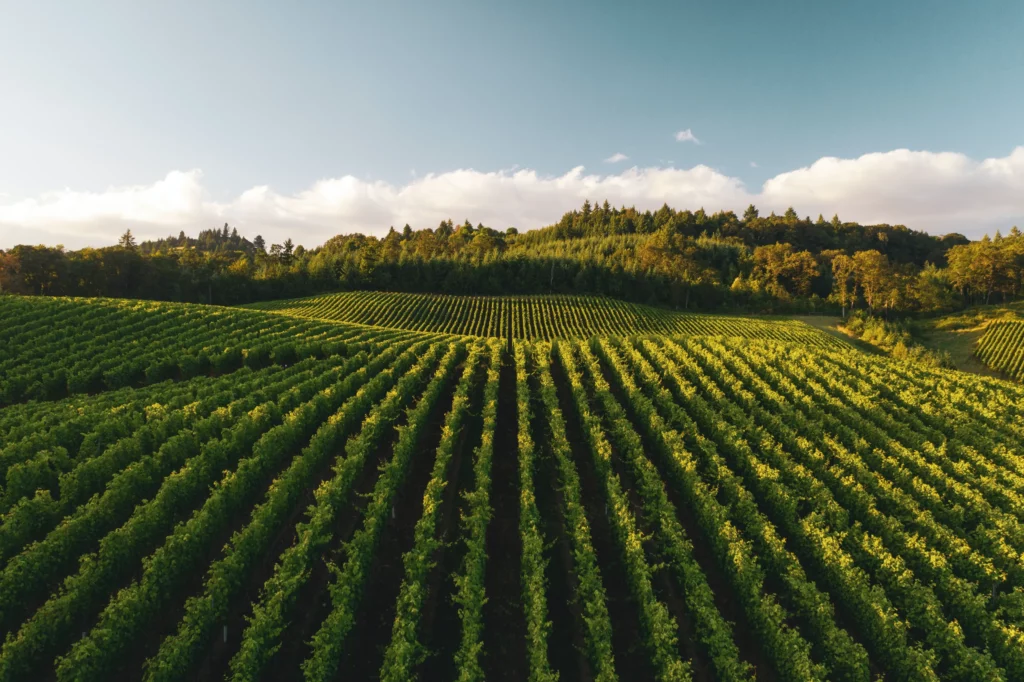
The challenge of increasing agricultural productivity while maintaining ecological balance is a pressing concern in today’s world. As the global population grows, so does the demand for food, making it essential to find innovative solutions for crop cultivation. Biostimulants offer an answer to this challenge. This blog post aims to shed light on biostimulants for crop production and sustainable agriculture, exploring their nature, types, and benefits.
What are Biostimulants?
Biostimulants are a diverse group of products that stimulate natural processes in plants, aiming to enhance nutrient uptake, efficiency, and tolerance to abiotic stress. Biostimulants now carry their definition within the EU and can be described as a product stimulating plant nutrition processes independently of the product’s nutrient content with the sole aim of improving one or more of the following characteristics of the plant or the plant rhizosphere: (a) nutrient use efficiency; (b) tolerance to abiotic stress; (c) quality traits; (d) availability of confined nutrients in soil or rhizosphere. Biostimulants are applied in various ways, including foliar sprays, soil amendments, and seed treatments.
Types of Biostimulants
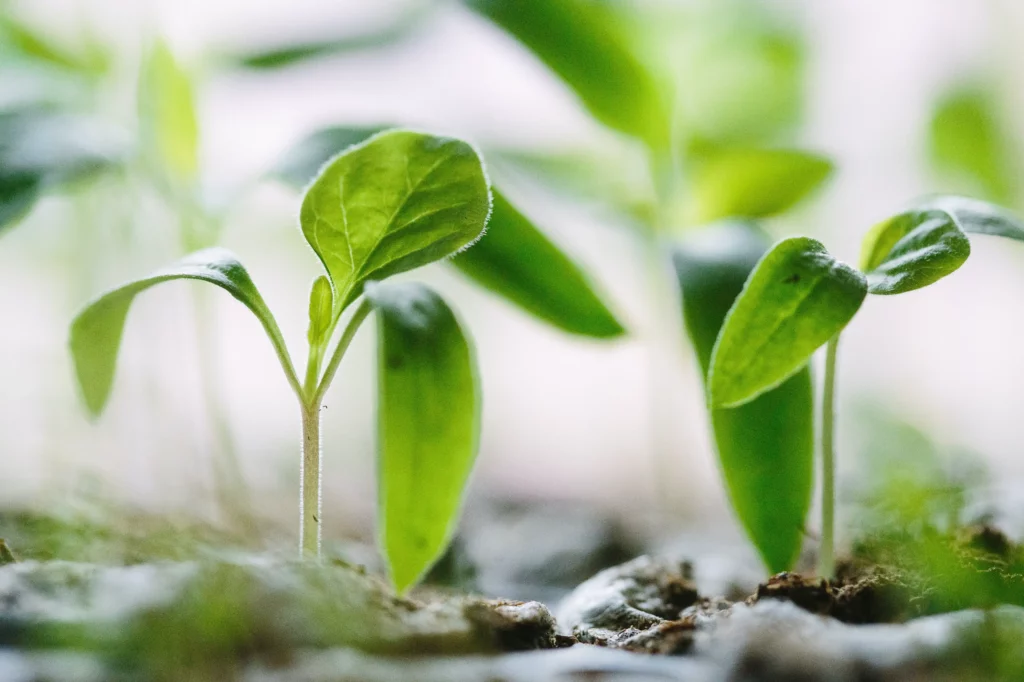
There are a number of biostimulant categories including humic and fulvic acids, microbials, amino acids, and proteins. At Brandon Bioscience, our primary focus is the biostimulant category of seaweed extracts. Seaweed extracts are the largest category of biostimulants and are produced from a wide range of different seaweeds. Brandon Bioscience specialises in the production of Ascophyllum nodosum biostimulants. A brown intertidal seaweed found exclusively in the North Atlantic, it has developed unique bioactive properties as it deals with extreme climactic conditions on a daily basis.
Working with Ascophyllum nodosum, we produce our biostimulants utilising our Plant Signal Induction (PSI®) Technology Platform. The success of our PSI® Technology platform is built from 5 interrelated pillars.
- Novel Marine Bioactives – Deep raw material knowledge.
- Proprietary Extraction Processes – Scientifically validated optimized extraction.
- Physicochemical Analysis – Scientifically validated product consistency.
- Bioactivity Analysis – Scientifically validated modes of action in well-known plant models.
- Field Performance – Scientifically validated crop field data.
By optimising these five components, we create effective solutions that provide better performance and reliability, consistently.
How Biostimulants Enhance Crop Yield
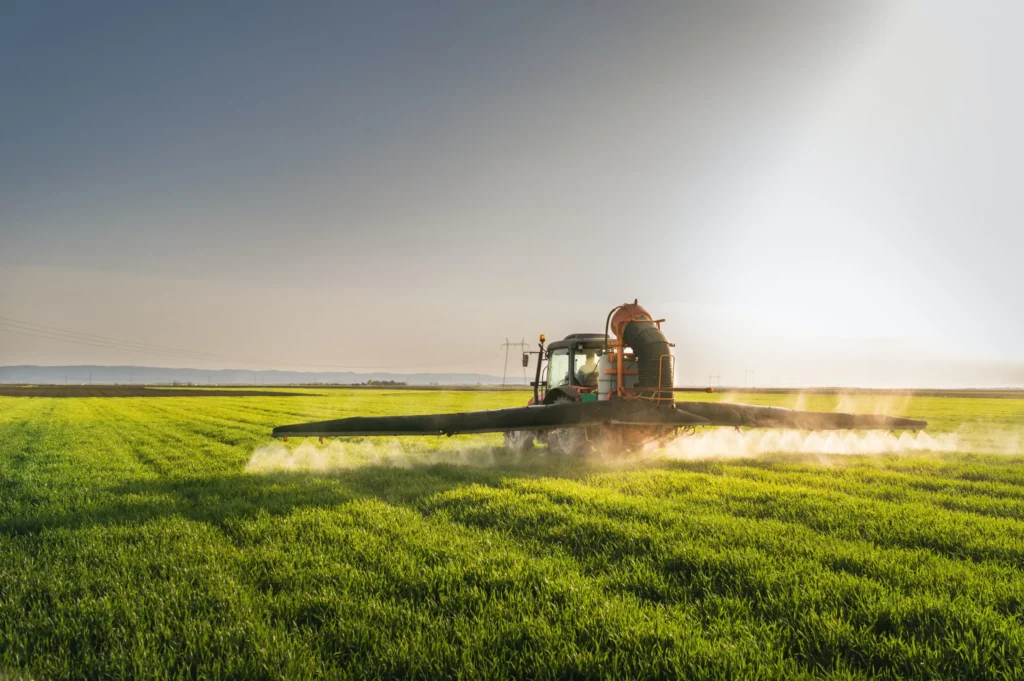
Our solutions with PSI® Technology contain targeted bioactives that are designed to provide higher crop quality and marketable yield through improved carbon fixation and photosynthesis, stronger foliage and root development, and optimised transport of nutrients and photoassimilates to flowers and fruits. It leads to a consequent increase in important crop traits to fruit and vegetable growers and buyers such as fruit set, °Brix, colour, and size. Our crop quality solutions provide the most consistent efficacy thanks to their balanced and high-purity composition.
Biostimulants vs. Traditional Fertilisers
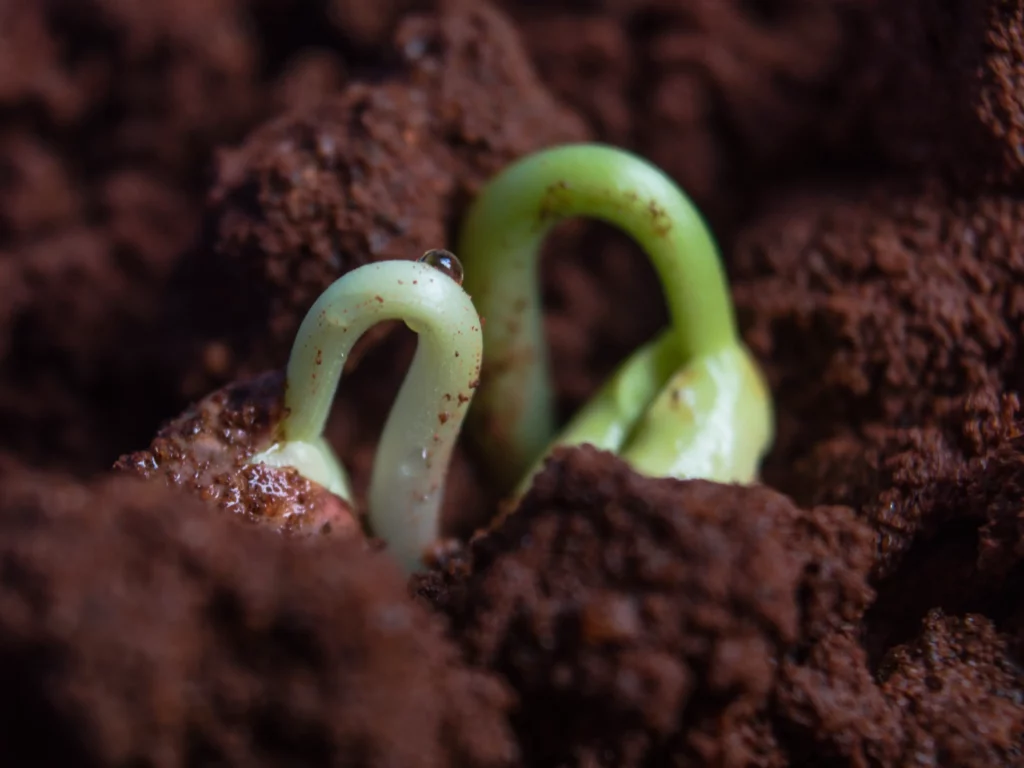
The distinction between biostimulants and traditional fertilisers is important to note in understanding biostimulants’ roles in agriculture. While both are used to enhance plant growth and productivity, their modes of action and long-term impacts on crops and the environment differ significantly.
1. Mode of Action
Traditional Fertilisers: These are primarily focused on directly supplying essential nutrients like nitrogen, phosphorus, and potassium to plants. They are formulated to address specific nutrient deficiencies in the soil, providing an immediate boost to plant growth. However, they do not necessarily improve the plant’s inherent ability to absorb these nutrients or deal with environmental stressors.
Biostimulants: In contrast, biostimulants work by enhancing the plant’s natural processes. Instead, they improve the efficiency of the nutrients available to use by the plant, strengthen the plant’s resistance to stress, and support overall plant health. For example, by stimulating root growth, biostimulants for plants allow plants to explore a larger volume of soil and thereby access more nutrients and water.
Biostimulants and Sustainability: Biostimulants, being more natural or organic, reduce the risk of such environmental hazards. They support a more balanced ecosystem for environment by improving plant health and reducing the need for chemical fertilisers.
2. Complementary Use
It’s important to note that biostimulants and traditional fertilisers can be used in conjunction. Biostimulants can maximise the efficiency of fertilisers, allowing for reduced fertiliser application while still achieving optimal plant growth.
While traditional fertilisers play a critical role in modern agriculture, biostimulants offer a sustainable alternative that not only enhances crop yield but also contributes to the long-term health of the ecosystem. By understanding and leveraging the strengths of both, farmers can optimise their practices for both productivity and environmental sustainability.
Conclusion
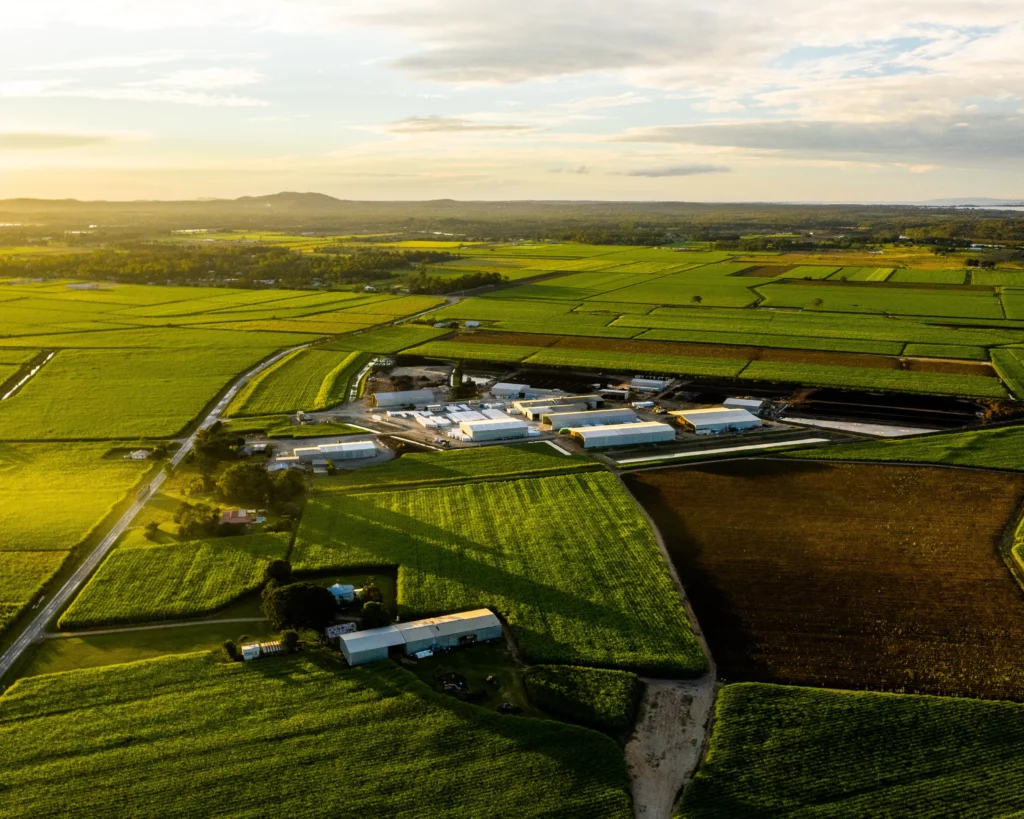
Biostimulants are at the forefront of a new wave in agriculture, one that promises increased productivity coupled with sustainability. As the agricultural sector seeks to balance the demands of a growing population with the need to preserve our planet, biostimulants offer a path forward. Embracing these substances can lead to healthier crops and a better future for our global food systems.
Leading this innovation is Brandon Bioscience, a marine biotechnology company specialising in precision biostimulants. A research-based company, they exemplify the potential of biostimulants in transforming agriculture. Their pioneering PSI® Technology biostimulants, focusing on improving crop yields, nutrient efficiency, and stress tolerance, set a benchmark in the industry. By enabling growers to achieve more with less, Brandon Bioscience is not just enhancing agricultural productivity but also steering the sector toward a more sustainable and environmentally friendly future.

